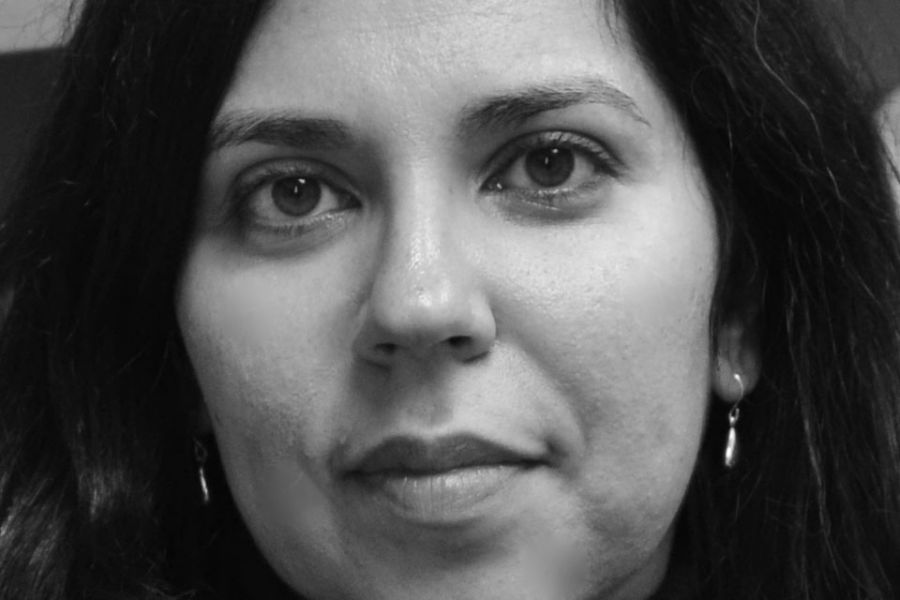Asha Bhandary, of the University of Iowa, will talk about “The Arrow of Care and Multiculturalism” on Friday, May 1, at an Illinois State University Philosophy Department colloquium.
Abstract
Everyone needs to receive care to survive, and many people provide care. Despite the universal role that dependency care plays in everyone’s lives, it has received inadequate attention from people thinking about justice and fairness. In order to achieve fair and just care arrangements, we must first identify how care is provided.
Because care arrangements have been obscured by stereotypes about gender and race in many societies, identifying how much care people receive and how much they provide is a significant task of its own. We cannot simply quantify care like money, though, because it is provided by people. It is best understood as an arrow that goes from one person toward another person. I call this the “arrow of care,” and it should be used to identify the quantities and intensity of care that individuals provide and receive. After the arrow of care is mapped for a given society, we can then evaluate whether the care arrangements are fair. We should embrace multiculturalism at this stage to permit some diversity in the balancing of care and autonomy.
Finally, the arrow of care analysis yields some surprising results. For instance, it reveals the positive value of the traditional Indian practice of arranged marriage as part of a system designed to secure care for everyone.
Time: 4 to 5:30 p.m.
Where: 401A Stevenson Hall

